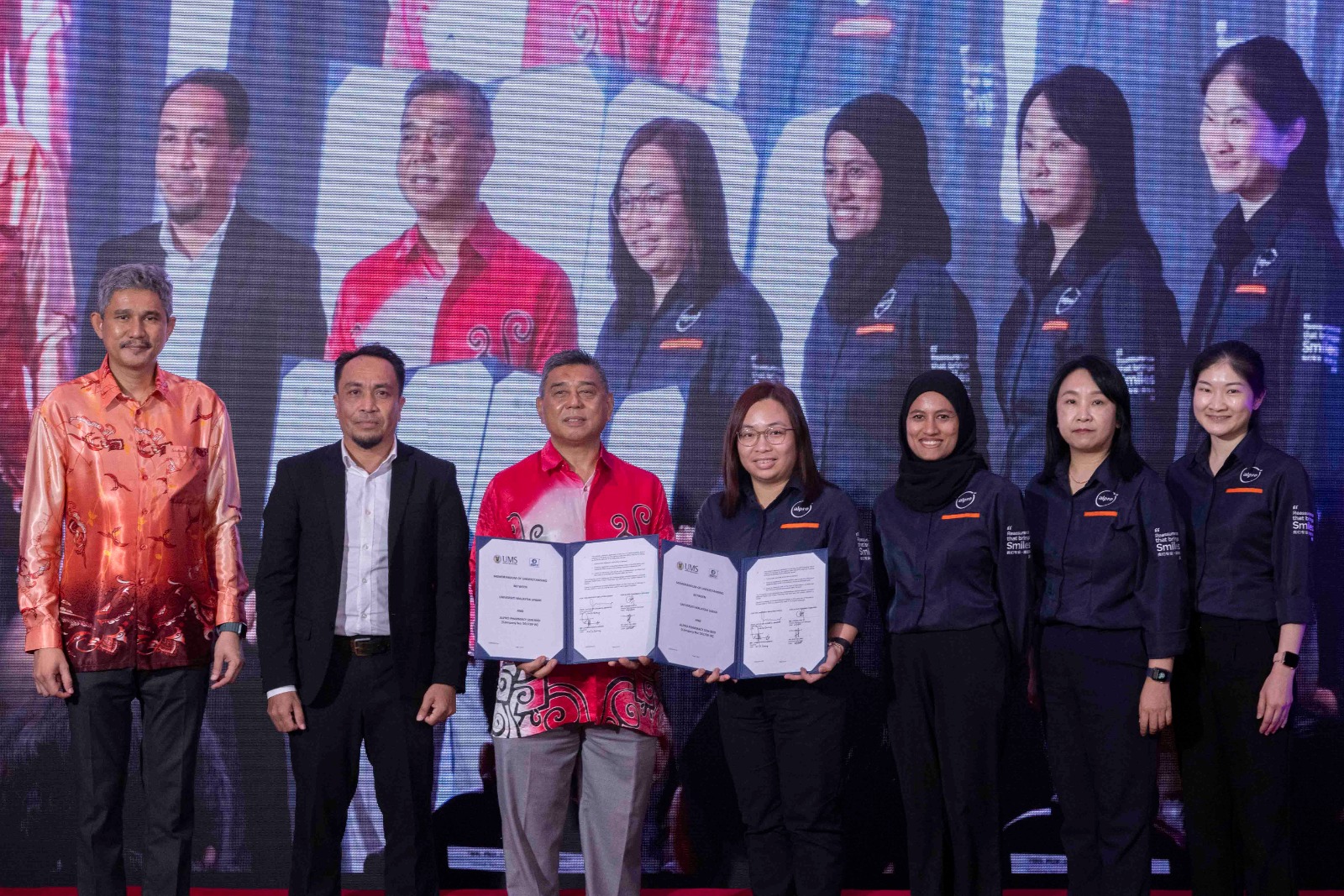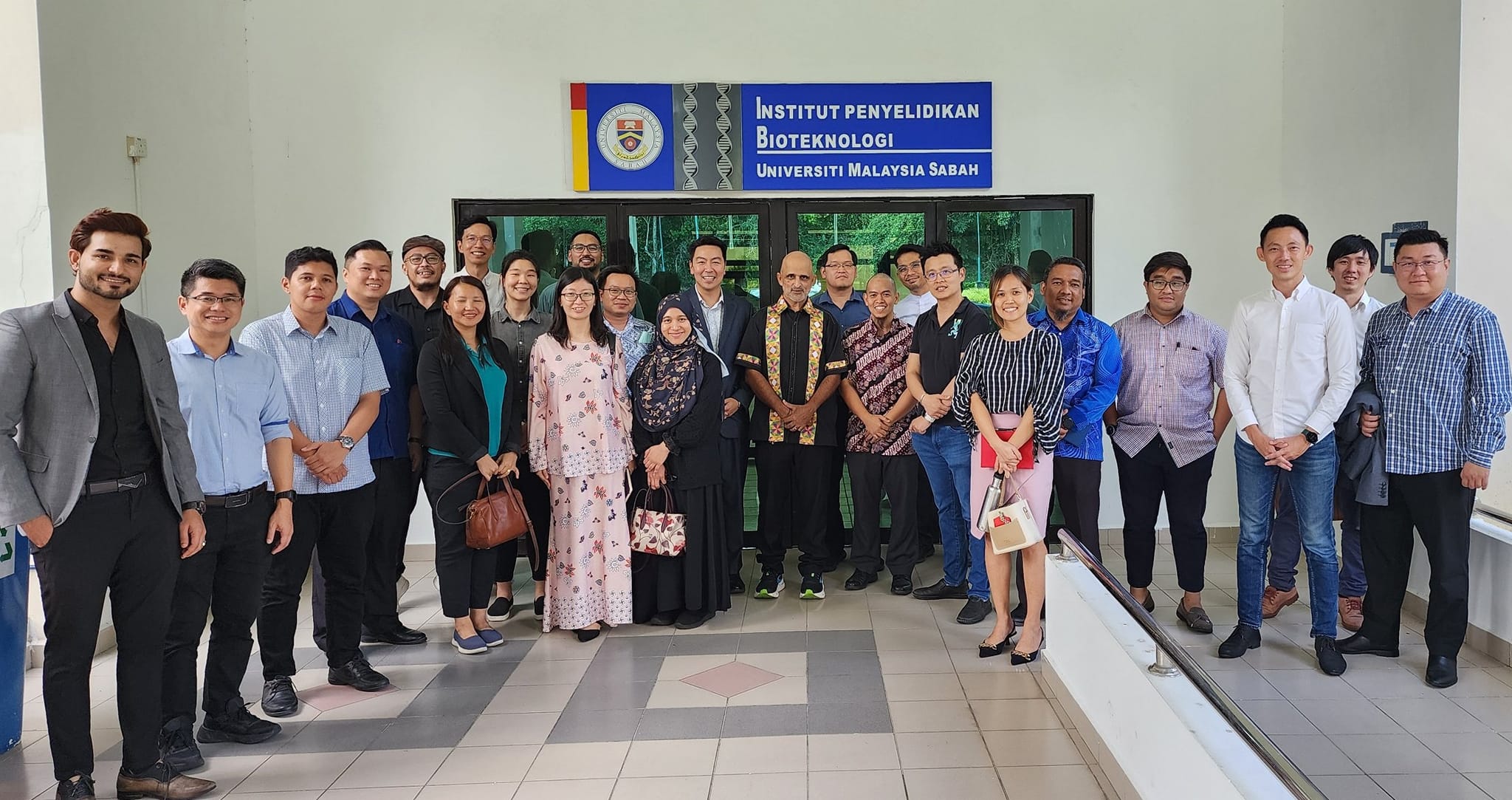
Universiti Malaysia Sabah (UMS) through Bursar Department has taken the initiative to share knowledge on withholding tax implementation with representatives from other universities and agencies.
Officiated by UMS Vice-Chancellor, Prof. Datuk Dr. Kasim Mansor, the two-day seminar was attended by 84 participants from public and private higher education institutions and public agencies.
Prof. Kasim emphasized that as a public university already implementing withholding tax, the seminar serves as an effective platform for fostering mutual understanding.
"In line with the National Higher Education Strategic Plan to enhance professionalism in financial sustainability and taxation within public universities, UMS began implementing withholding tax in 2017 as a response to this call.
"This seminar is expected to provide insights into the management and financial impact of withholding tax for agencies, with input from the Inland Revenue Board (LHDN) and representatives from public and private universities, as well as other public agencies," he said.
His speech was delivered by UMS Deputy Vice-Chancellor (Research and Innovation), Prof. Ir. Dr. Rosalam Sarbatly.
Meanwhile, UMS Bursar, Badrul Hisham Ismail, highlighted that the seminar allows participants to apply the knowledge gained for the advancement of their careers and organizations at a national level.
"This initiative also fosters and strengthens relationships with other agencies aligned with our roles and objectives.
"With a comprehensive agenda, we hope this seminar will significantly contribute to enhancing withholding tax implementation across the various institutions represented," he added.
Also present at the seminar were UNIMAS Bursar, Dr. Haji Mazlan Kiflie; UMS Director of the Centre for Investment, Endowment, and Waqf (CIEW), Dr. Borhan Sareya Abdullah; and Seminar Committee Chairperson, Mohamad Edrus Othman.




 Universiti Malaysia Sabah (UMS), through its Corporate Communication Centre (PKK), reached out to the rural community in Kampung Sayap, Kota Belud, by distributing 60 food aid baskets to single mothers, bedridden elderly, and people with disabilities.
Universiti Malaysia Sabah (UMS), through its Corporate Communication Centre (PKK), reached out to the rural community in Kampung Sayap, Kota Belud, by distributing 60 food aid baskets to single mothers, bedridden elderly, and people with disabilities. A young entrepreneurs group are seeking to form collaborations with Universiti Malaysia Sabah's (UMS) Institute of Biotechnology and Research to explore opportunities to create new industries in Sabah.
A young entrepreneurs group are seeking to form collaborations with Universiti Malaysia Sabah's (UMS) Institute of Biotechnology and Research to explore opportunities to create new industries in Sabah.